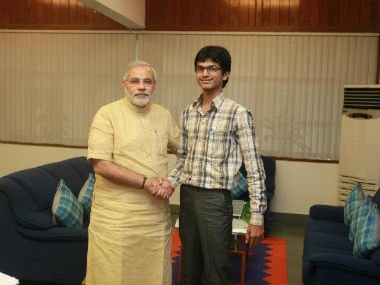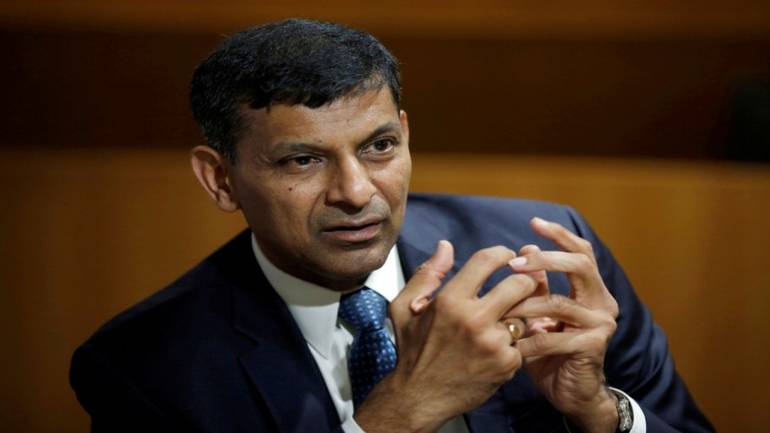Raghuram Rajan's new book, The Third Pillar, talks about why the economic system looks broken and how to fix it.
The wave of populist nationalism sweeping countries globally can be traced to political worries arising out of challenges posed to economic progress by technology, says economist Raghuram Rajan.
In an interview with Moneycontrol’s Gaurav Choudhury, Rajan said governments can cope with this by empowering local communities, which he dubs as ‘the third pillar’ in the economic system, after the state and markets.
The former Reserve Bank of India governor and professor at the Chicago Booth School has released a book by the same name, in which he talks about the need for the three pillars to play an equally important role.
“Even in India, over the decades, we have tried to empower local governments through systems such as the Panchayati Raj [but it is not enough],” he said. “Even municipalities are not empowered [to the extent they should be].”
In his book, the outspoken Rajan, whose term as RBI governor ended in 2016 after the Narendra Modi government did not offer him an extension, does not shy away from warning about the dangers of rising populist nationalism.
In particular, he termed the RSS, the ideological parent of the ruling BJP, as a “serious threat to a liberal, tolerant, innovative India”.
“In a democracy, it is good to have all views,” Rajan explained in the interview. “But if there is an over-representation of one view, and if that view is intolerant of other views, that is a problem.”
He also talked about the relationship between the Reserve Bank of India and the government, saying they tend to be ‘conflictual’ in nature, but the differences between the two should be constructive and not destructive.
Rajan’s successor at the RBI, Urjit Patel, resigned midway through his tenure amid concerns that the government was meddling excessively with the central bank’s decisions.
In his book, the economist has written at length about the idea of ‘universal basic income’. When asked about the Congress’ ‘minimum income guarantee’ promise for the poor, Rajan said the idea would work if such a scheme is effectively targeted, and is fiscally prudent – that is, other welfare schemes, which are less effective, are rolled back and overall spending is contained.
Rajan echoed concerns raised by other economists on the quality of economic data in India, saying that the lack of jobs data and the perceived unreliability of the GDP data could pose challenges to policymakers and undermine investor confidence.
“We need better data and better confidence in data,” he said. “You can’t operate such a large economy on the basis of data, which nobody knows is correct or not.”
Watch the video for the full interview.





























































